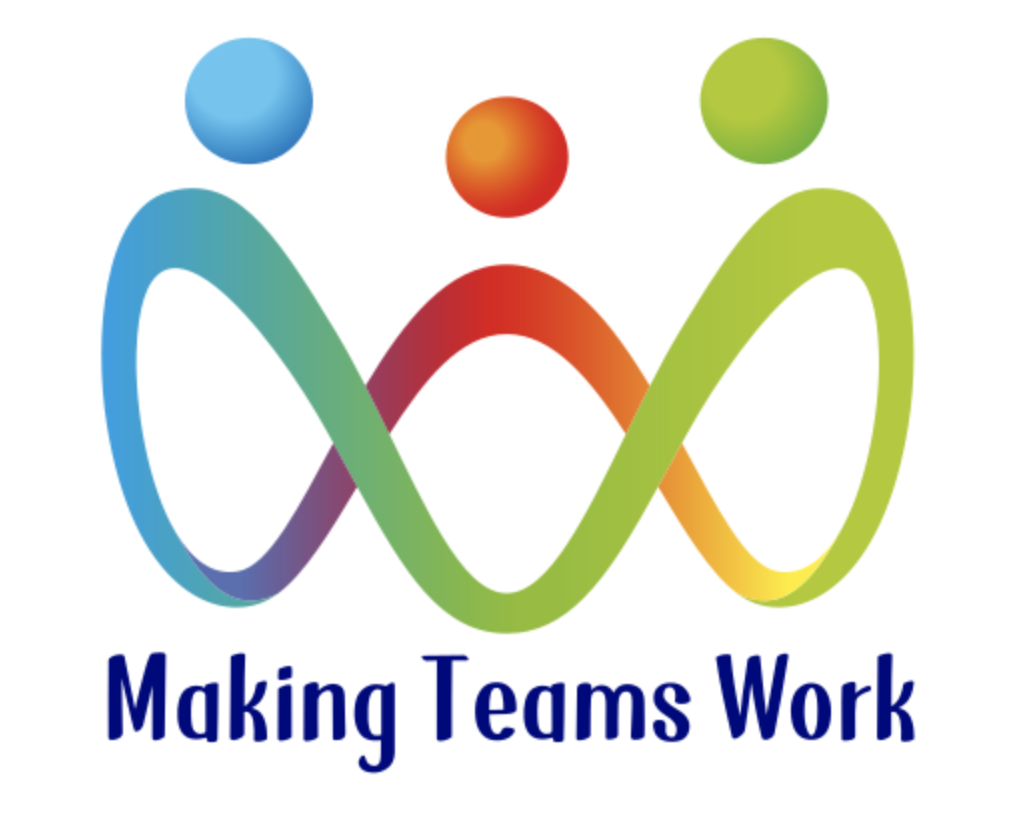What is wrong with resilience training? As an alleged specialist in this subject, I have to start by saying how frustrating it has been to see many people expressing the view that resilience training is bad. Rather than just quietly steam about it, I thought I'd write something to share my point of view.
First of all, is resilience training the cure all for un-wellbeing at work? Absolutely it isn't. Why? Because there are many factors that contribute to un-wellbeing at work. Primarily it's because work is filled with people, and people are unique, with unique attitudes, unique views, unique physical attributes, unique mental attributes, and therefore unique physical needs, mental needs and emotional needs. You'd think I was crazy if I said an aspirin can cure all ills, or even an apple. But we all know that while “an apple a day” doesn't keep all your ills away - it might have a substantial impact.
The other reason resilience can't be a cure-all is because there are different types of resilience for different situations. A marathon runner needs the ability to run for a long time at a sustained pace. Their training is geared around that initial endurance training, and then maybe speed training. But if you're starting your marathon life from the beginning, it would be crazy to suggest you need to do speed training, because you need to be able to run for long enough first! So different aspects of life need different resilient qualities. Let's stop trying to lay the responsibility for solving un-wellbeing at work on to resilience’s shoulders.
Sticking with the organisation for a moment, resilience training is about the individual. It could also include some level of organisational resilience - for example, having enough of the right resources available when you need them, like hospitals having sufficient additional capacity to accommodate a winter surge. That's a different kind of resilience to that which we have looked at to solve the un-wellbeing problem.
But still, a number of the issues that people need to be more resilient for are caused by systemic issues of culture and practice. If you run your organisation in a strong command and control militaristic style, the kind of resilience where people need to stand up for what they believe is right or speak up when they see something wrong is much greater than if you run using a more cooperative, collaborative, and dare I say informal type of leadership.
I once spoke at a Health Network Conference, following rapidly in the shoes of Keith Grint (a very tough act to follow). My talk was originally titled ‘Building the resilient you’ and I was told in no uncertain terms to take the word resilience out of my title and avoid it wherever possible, because resilience training and resilience has such a bad reputation within the health sector. But that doesn’t mean there's anything wrong with the training itself. It's much more to do with the system within which the training is given.
In some organisations resilience training is seen to push the responsibility to be well wholly to the individual.
It goes something like this: ‘we've given you the resilience training, so you should be more resilient. If you're not, that's your fault, not ours’.
But the answer to this, of course comes back to the previous point. If the environment (or culture) is one that creates unwellness at work, no amount of medication, therapy or resilience training is ever going to solve it. Yes, of course, the individual has to take some responsibility for their own wellbeing. But surely, having realised that these things tend to work together, it will be obvious that resilience training alone will not solve these kinds of problems.
So, what is wrong with resilience training? Nothing.
If you really want people to be well at work, stop creating and maintaining an environment that makes them ill.
That's all for today. Let me know what you think - leave a comment below or tweet me and we can have a conversation!
Resilience training is...


